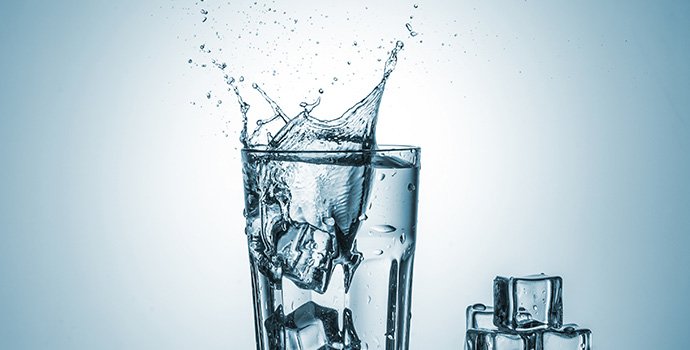Bottled water is a popular and essential product all around the world for many reasons. Not only is it convenient, but it provides thirsty people everywhere with reliable access to clean, potable water. However, as with other beverage products, the price of bottled water can vary quite a bit between countries worldwide.
Here’s a closer look at how average bottled water prices look around the world, comparatively speaking, as well as a few factors that can contribute to these price differences.
“Utilities such as water, sewage, and garbage are often factored into a rental property’s monthly rent. The average person uses about 85 gallons of water per day, split between showering, the toilet, washing machine, dishwashing, hygiene, and outdoor use. If the water bill is paid separately from the rent, one can expect to pay about $40 on average.
Factors Affecting Bottled Water Prices by Country
As is the case for any sellable product, many factors can contribute to the average cost of a bottle of water in one country versus another. Here are some key examples to keep in mind. Quality counts a lot when it comes to what you’ll pay for bottled water. In European or North American nations like the United States, Switzerland, or Germany, health regulations are strict, and standards for products like water are high. This means better packaging, more robust filter processes, and so forth, leading to higher overall costs but a safer product. However, in countries where standards aren’t as high or strict, bottled water may well be cheaper, but it could also be significantly less safe.
How a country’s people view products like bottled water can also affect price. In some countries, bottled water is seen as more of a luxury product, as opposed to a daily essential. This can naturally affect pricing. In countries with higher average incomes and costs of living, many products tend to be more expensive as well. This includes options like bottled water and other similar beverages. In countries with easier, more abundant access to the freshwater supplies required to sell bottled water, production costs related to transportation may be lower. This can, in turn, lead to a more affordable end product.


Leave A Comment